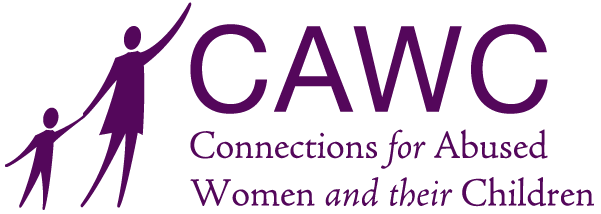Domestic violence is a public health crisis, one that everyone can play a part in stopping. And yet, even if you know how to recognize the signs of domestic violence, knowing how to react and how to help survivors of domestic violence can still be confusing. Here, we’ve outlined a few simple ways you can offer help to someone you think might be dealing with domestic violence:
- Express Your Concern.
Sometimes, it can be hard for a person who is experiencing domestic violence to recognize their situation as abusive. What’s more, it’s not uncommon for abusers to manipulate their victims by isolating them from their friends and social networks. Telling them that you’re concerned for their well-being and safety—without blaming or accusing—not only signals to them that you care, but may also help them acknowledge the reality of their situation. If you initiate the conversation, be sure to do so in a safe, private space. - Listen and Validate.
Domestic violence is hard to talk about, and being a supportive listener is one of the most important things you can do for a domestic violence survivor. It’s not uncommon for victims to blame themselves, feel guilt, or believe that they somehow deserve the abuse they are experiencing. Listen to them, tell them that you believe them, and let them know that what they’re experiencing isn’t their fault, and that whatever feelings they have are valid and justified. - Don’t Judge Them.
Leaving an abusive relationship is rarely simple or easy, and there are a lot of reasons that people stay with their abusers, such as lack of financial resources, shared children, or fear that their abusers will harm them. When helping domestic violence victims, it’s important to let them know that you will care about them and support them no matter what in order to avoid increasing their feelings of shame or isolation. - Connect Them With Resources.
If the person you’re talking to seems amenable to it, offer to help them find resources that provide help for domestic violence survivors, such as shelters, counselors, support groups, or social services. Even if they’re not ready to use them yet, it may help for them to know that those resources exist. If it feels appropriate, consider talking to them about creating a safety plan in the event of a crisis or emergency.
Keep in mind that their abuser may be monitoring their phone and other communications, so be discreet as much as possible in the ways that you share resources or contacts.
At Connections for Abused Women and Their Children (CAWC), we believe that everyone has a right to a life free of violence. Our mission to end domestic violence is rooted in education, service, and advocacy. In addition to working toward broader social change, we provide empowerment-based and trauma-informed support in the form of shelter, counseling, and advocacy to individuals affected by domestic violence and their children. If you or someone you know is struggling with domestic violence, don’t hesitate to call our 24-hour hotline at (773) 278-4566. To support our work, consider volunteering or donating.
